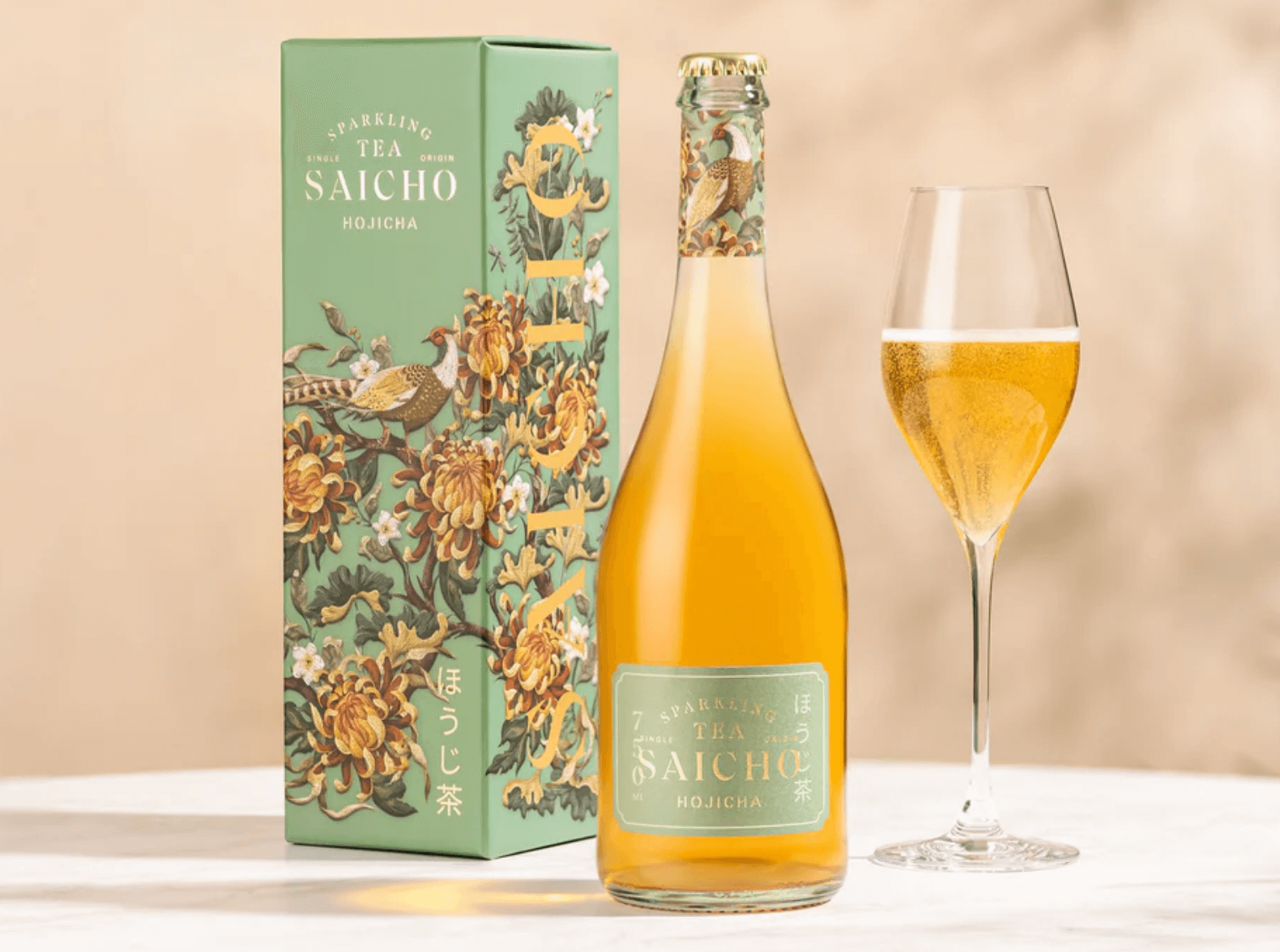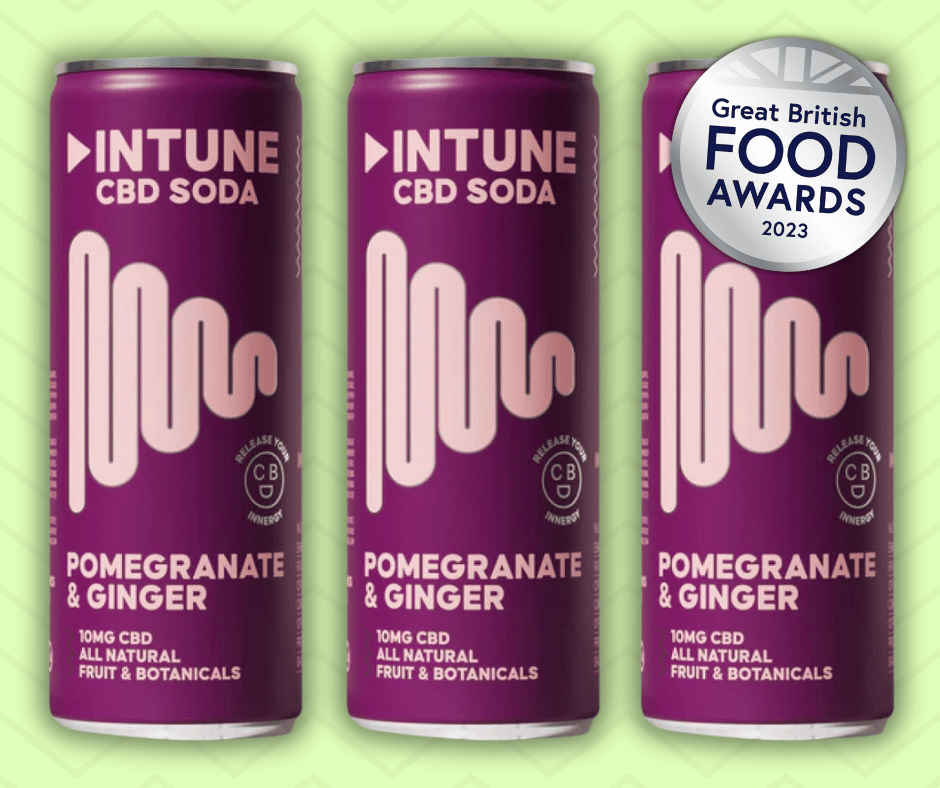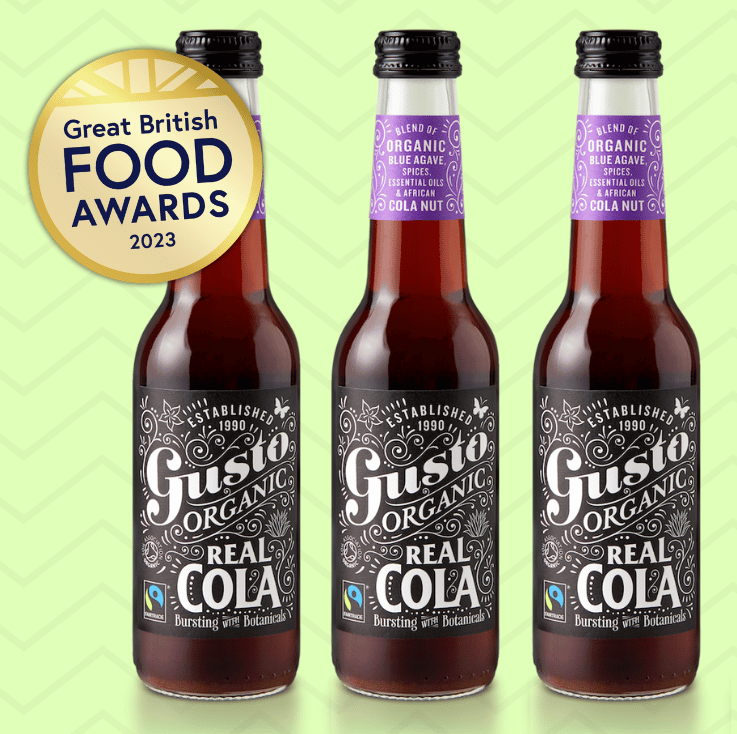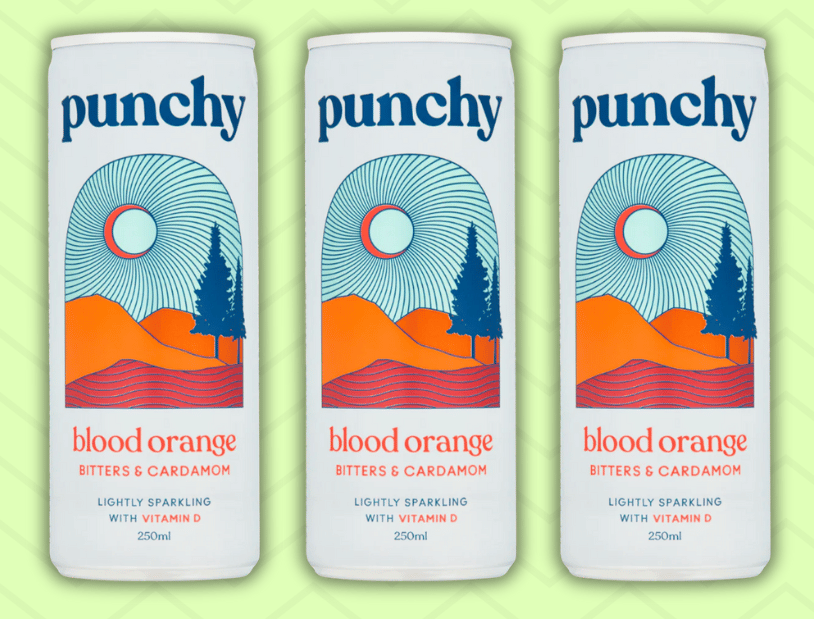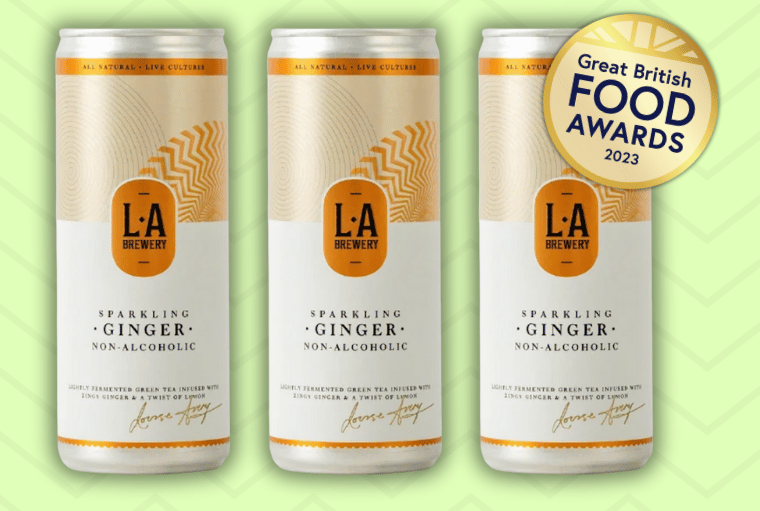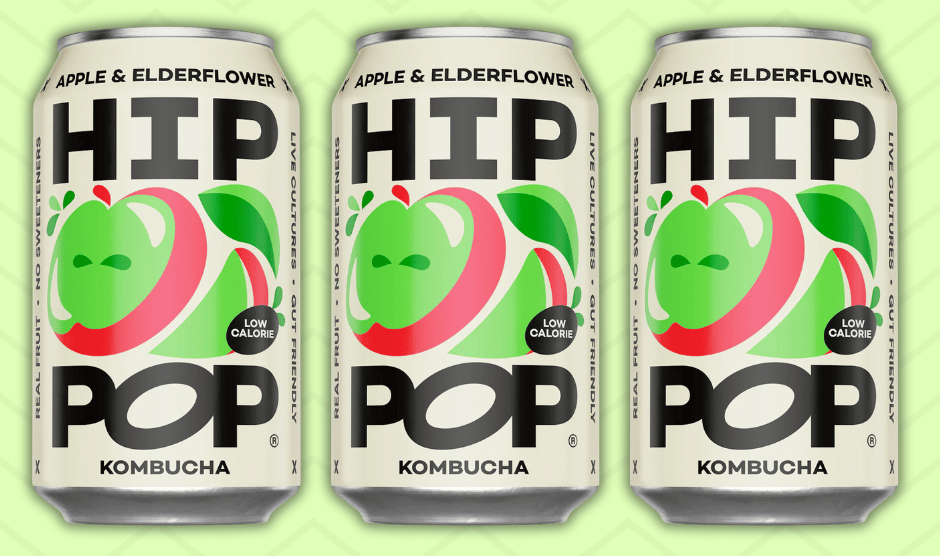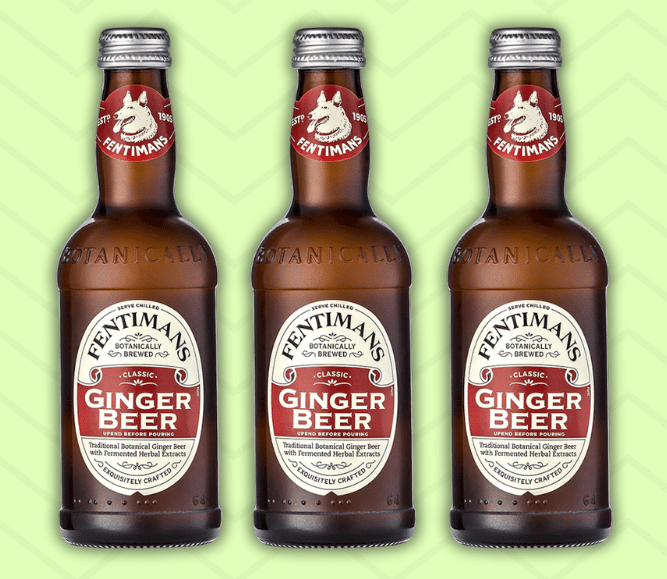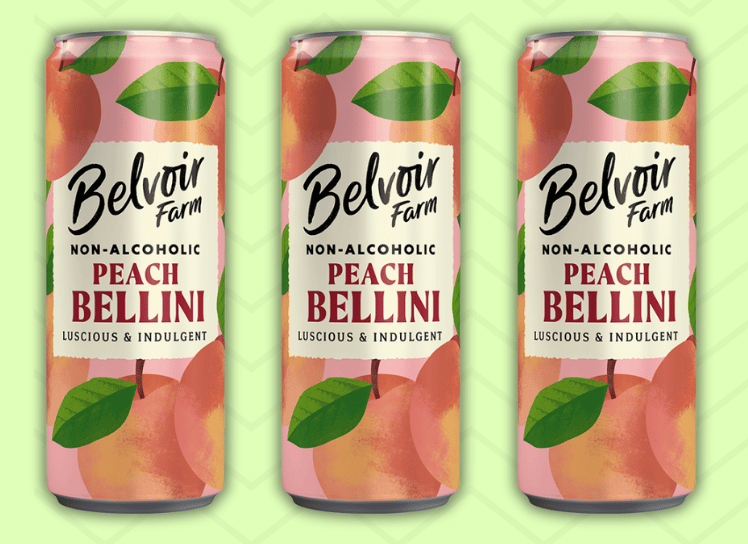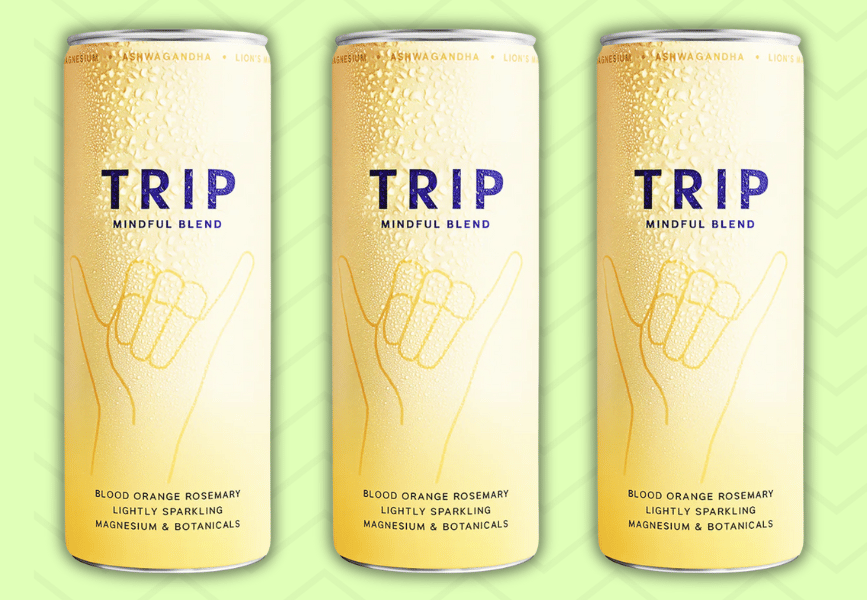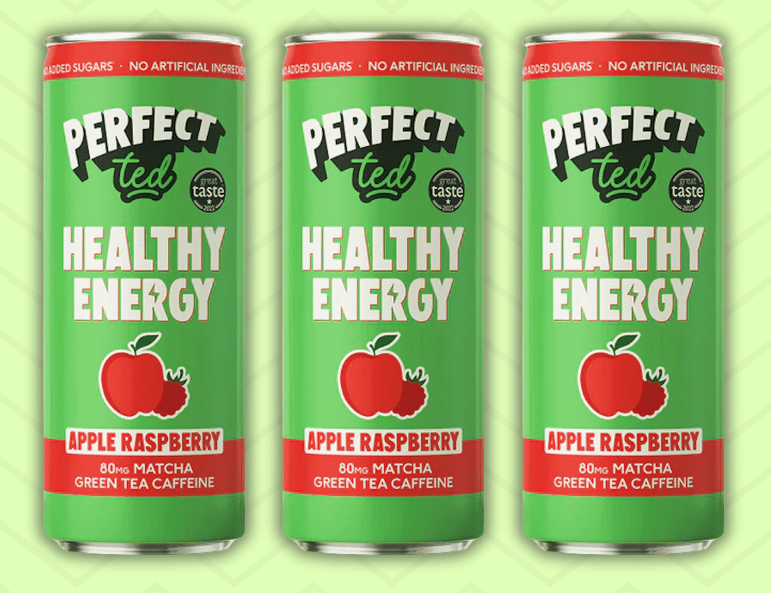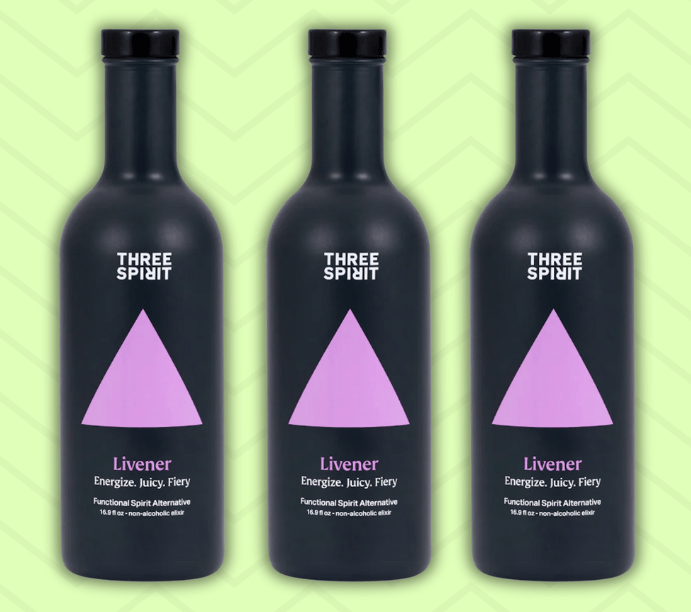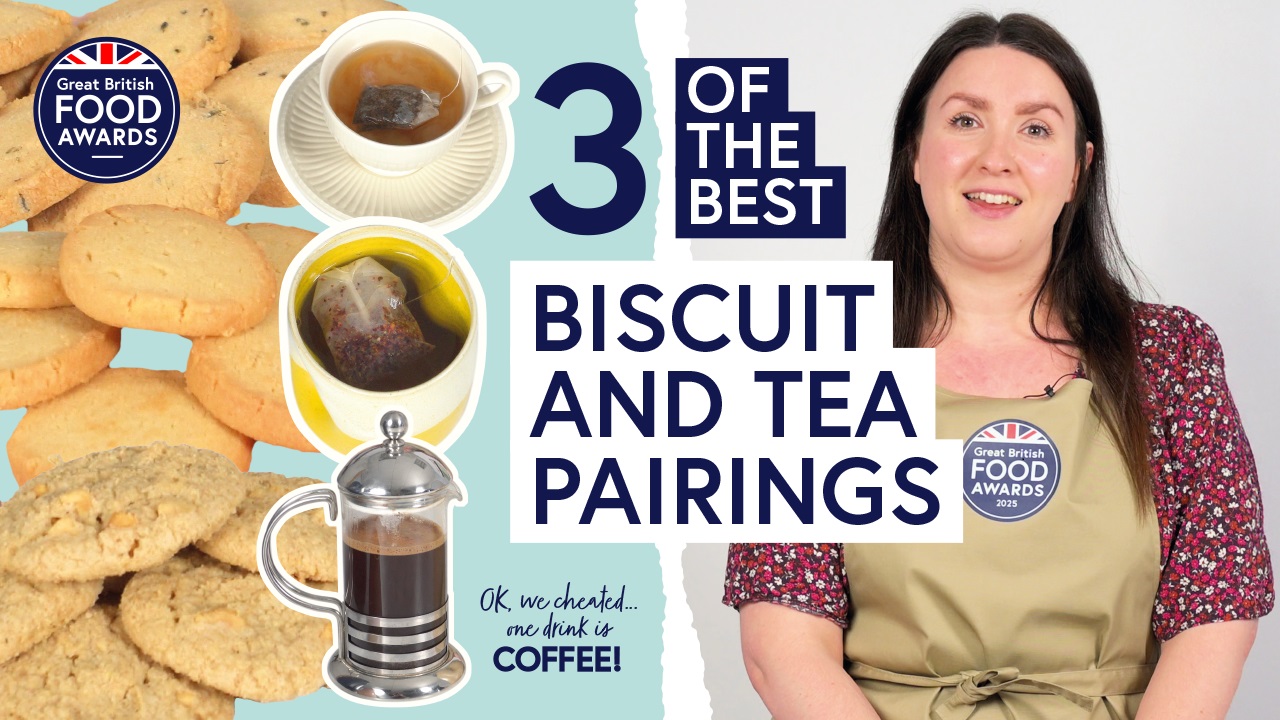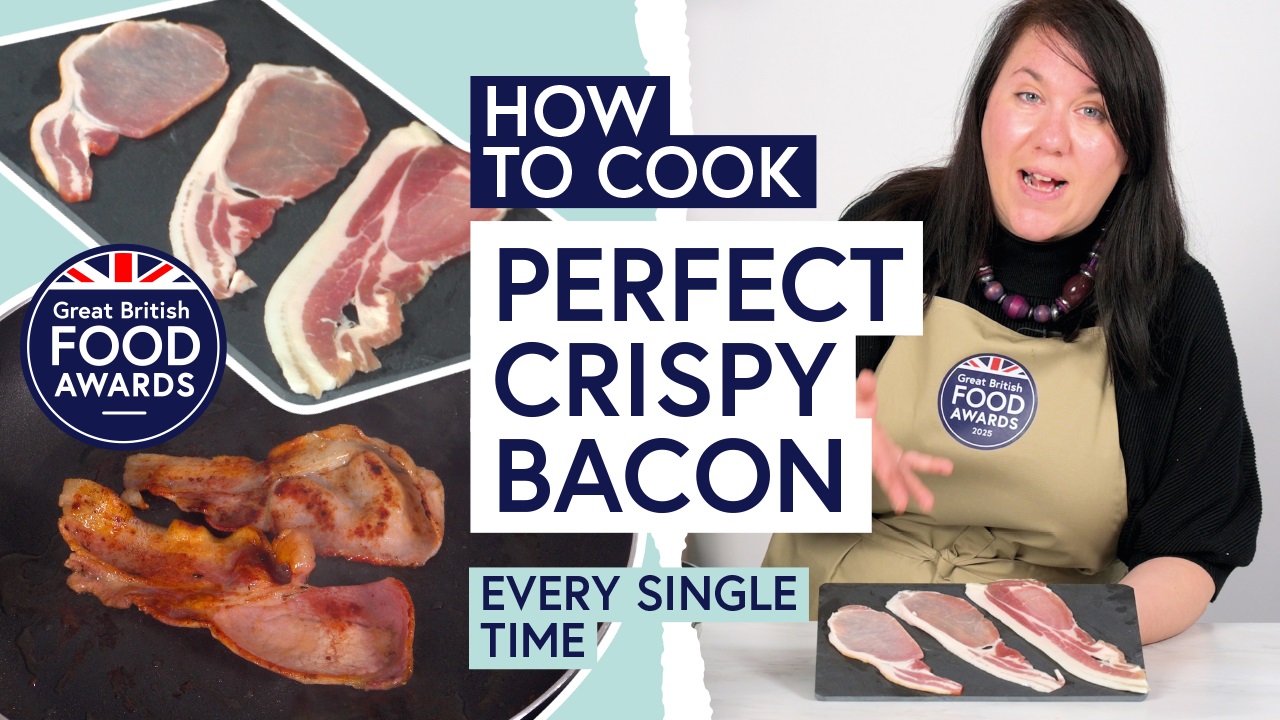From soft carbonated drinks and juices to no- and low-alcohol beverages, British drink makers are always dreaming up new styles and flavour combinations for consumers to try.
In fact, the British Soft Drinks Association reports that this sector is one of the most innovative and dynamic in the whole food and drink industry – and it’s not hard to believe if you’ve scoured an independent shop’s selection lately.
And us Brits are the perfect guinea pigs for new and exciting soft drink launches, with each of us consuming around 121 litres of soft drinks in 2024, according to research from Statista. Whether it’s a brand-new start-up or a traditional heritage brand, don’t miss these fantastic British soft drinks.
What is a soft drink?
Technically speaking, a soft drink is any beverage that doesn’t contain alcohol. This leaves a vast array of different drinks, and when you drill down a bit further, the edges of the various categories get a bit hazy. This has the potential to cause some confusion for consumers.
For example, the line between soft drinks designed to taste like cocktails and adult-focused, alcohol-free beverages is increasingly blurring. “There are a number of drinks that sit in that wavy space in between,” says Laura Willoughby MBE, the founder of alcohol-free drinks marketplace and resource Club Soda.
“They're designed, really, for adults to buy, because they're in a premium packaging. But technically, they're soft drinks,” she says.
Soft drink trends to try
“The current British soft drinks market is a vibrant landscape shaped by evolving consumer tastes, environmental priorities and innovative product development,” says Heather Morris of SH Foodie, a product development consultancy that has worked with many of the up-and-coming British soft drinks brands that are shaking up the sector.
“We are fortunate to have a brilliant selection of entrepreneurs here in the UK launching into the soft drinks sector,” Heather says.
She sees exciting developments from soft drink brands in:
- health and wellness drinks
- plant-based or natural ingredients
- beverages with natural sweeteners or no-added-sweeteners
- functional drinks, which promise added health benefits from vitamins and minerals
Plus, it’s easier than ever to find new and exciting brands (like our selection below) because in addition to retailers highlighting new brands that are worth a try, direct-to-consumer services are exploding in popularity. This gives people the option to directly support the brands they love.
And even when finances are stretched, fun, new soft drinks are an affordable treat that we can buy to give our days a little pick-me-up.
Healthy soft drinks
Sugar-free soft drinks, hydration-boosting beverages, gut-health-friendly options – healthy soft drinks are big business today, with many brands looking at ways to remove the ‘guilty’ aspect of ‘guilty pleasure’ soft drinks.
Between 2015 and 2024, take-home sugar in soft drinks dropped by 43%, according to Kantar Worldpanel. Today, more than seven out of every ten soft drinks sold in the UK is low- or no-sugar, data from Global Data, cited by the British Soft Drink Association, shows.
Gut health has also become a huge consideration for many consumers, with drinks such as kombucha, a fermented tea drink, and pre- and pro-biotic beverages gaining popularity. Coca-Cola and PepsiCo have each invested in gut-healthy drink brands, showing just how big innovative new products can become.
Heather from SH Foodie predicts gut-health-focused drinks will continue to increase in popularity. “The more we understand about the influence of our gut on the rest of our body, the more gut health products will grow.”
Adult alcohol-free soft drinks
No- and low-alcohol drinks continue to be in demand, with expert drink analysts at IWSR saying the sector more than doubled from 2023 to 2024. The non-alcoholic drinks market in the UK is worth £22.3bn, according to data from Statista.
At Club Soda, one of the best-selling categories in the shop is alcohol-free wine. “What you’ve got is a very big shift in the quality of alcohol-free wine," explains Laura Willoughby.
“The production techniques have improved. The quality of the wine that goes in at the beginning has improved. They are really good drinks in their own right.” IWSR’s data backs this up, noting a shift to more premium product launches.
Elsewhere, Laura sees consumers reaching for alcohol-free products that contain honey, in the style of mead, or tea, such as sparkling tea or kombucha.
Functional soft drinks
Hand-in-hand with the decrease in alcohol consumption is an increase in the desire to drink beverages with additional health benefits. Enter 'functional' drinks.
It’s one of the biggest areas of innovation in soft drinks today. “Whilst the soft drinks market as a whole is up around 2.4% this year, it is in the functional drinks sector that is particularly exciting. We've seen around a 34% sales increase year-on-year and the market is now worth around £178m,” Heather says.
In the alcohol-free space, Laura says the shop’s functional cocktails sell two to one compared to ordinary alcohol-free drinks. “They're really popular because they deal with that loss aversion from you feeling like you're missing out on something,” she says.
Heather says that brands that stand out are not only giving us a drink with a great taste, but they’re fulfilling needs we didn’t even know we had. “They have simply tapped into the demand for the drinks-with-benefits trend in their own inimitable ways.”
But just like with the no- and low-alcohol sector, there’s still a lack of understanding of functional drinks among some consumers. The best performing brands make their functional ingredients’ benefits crystal clear, Heather says, whether it’s caffeine-free energy, hydration or immunity.”
Best British soft drinks to try
Explore new flavours, traditional brands and more in this round-up of the best soft drinks from the UK...
